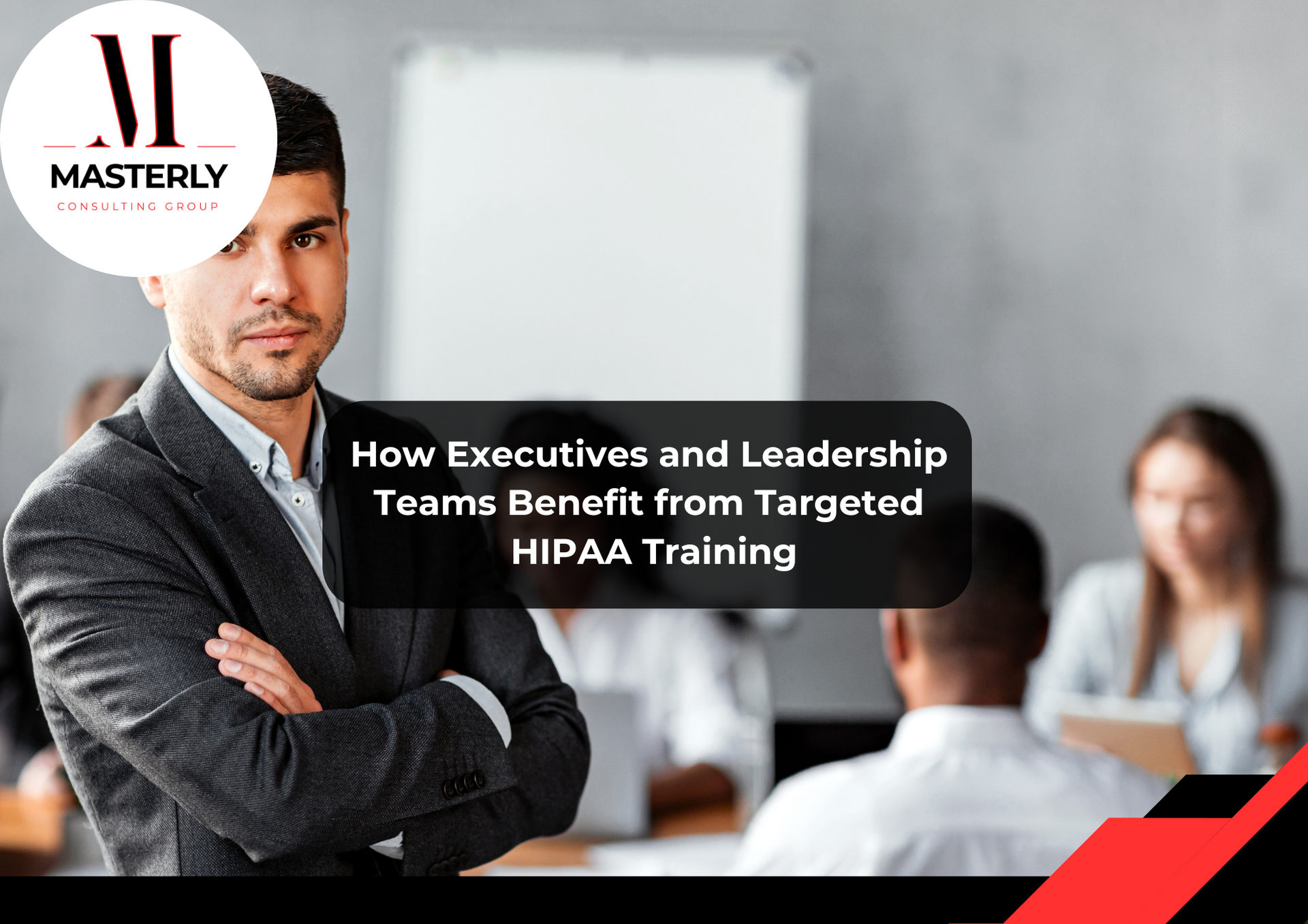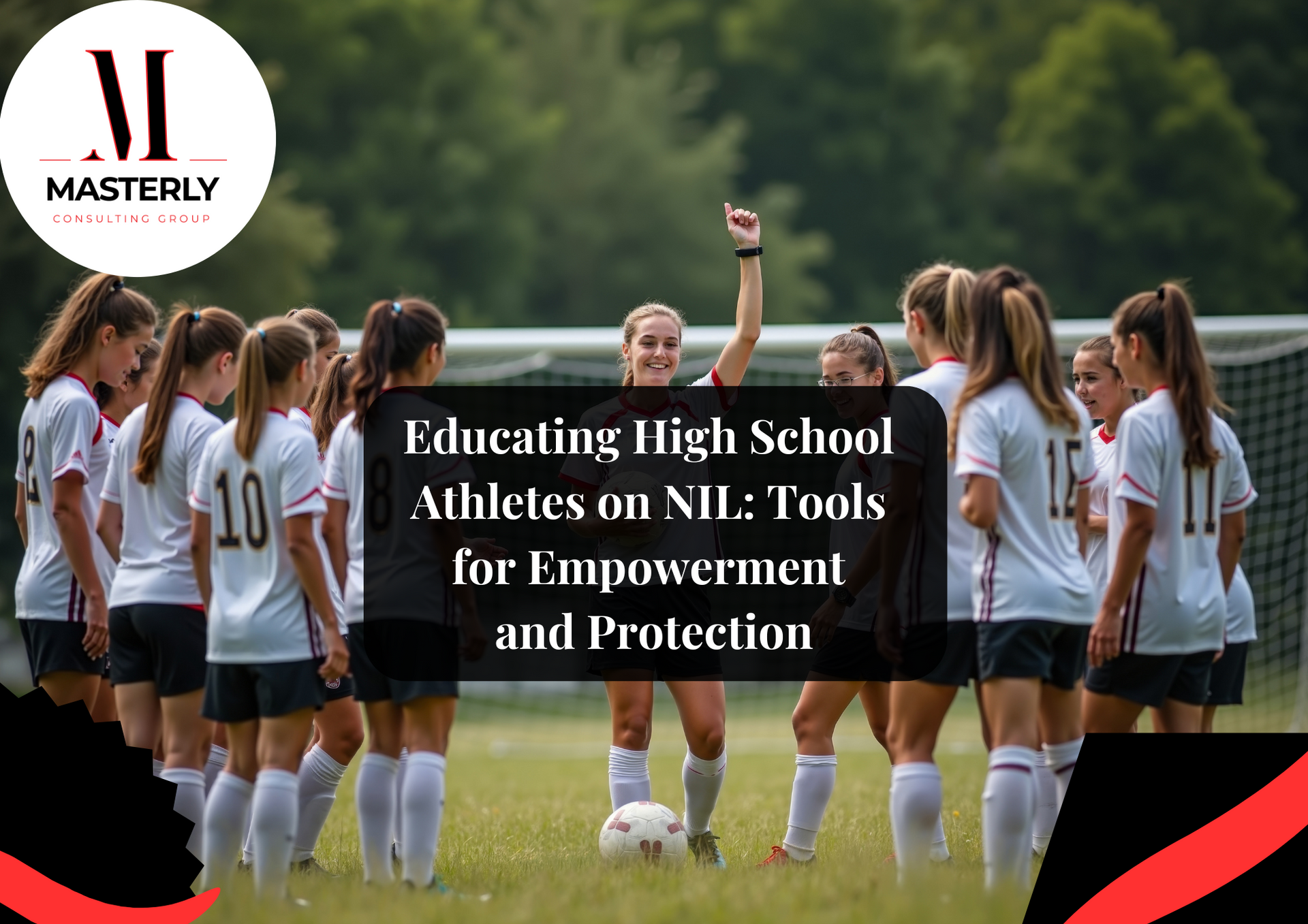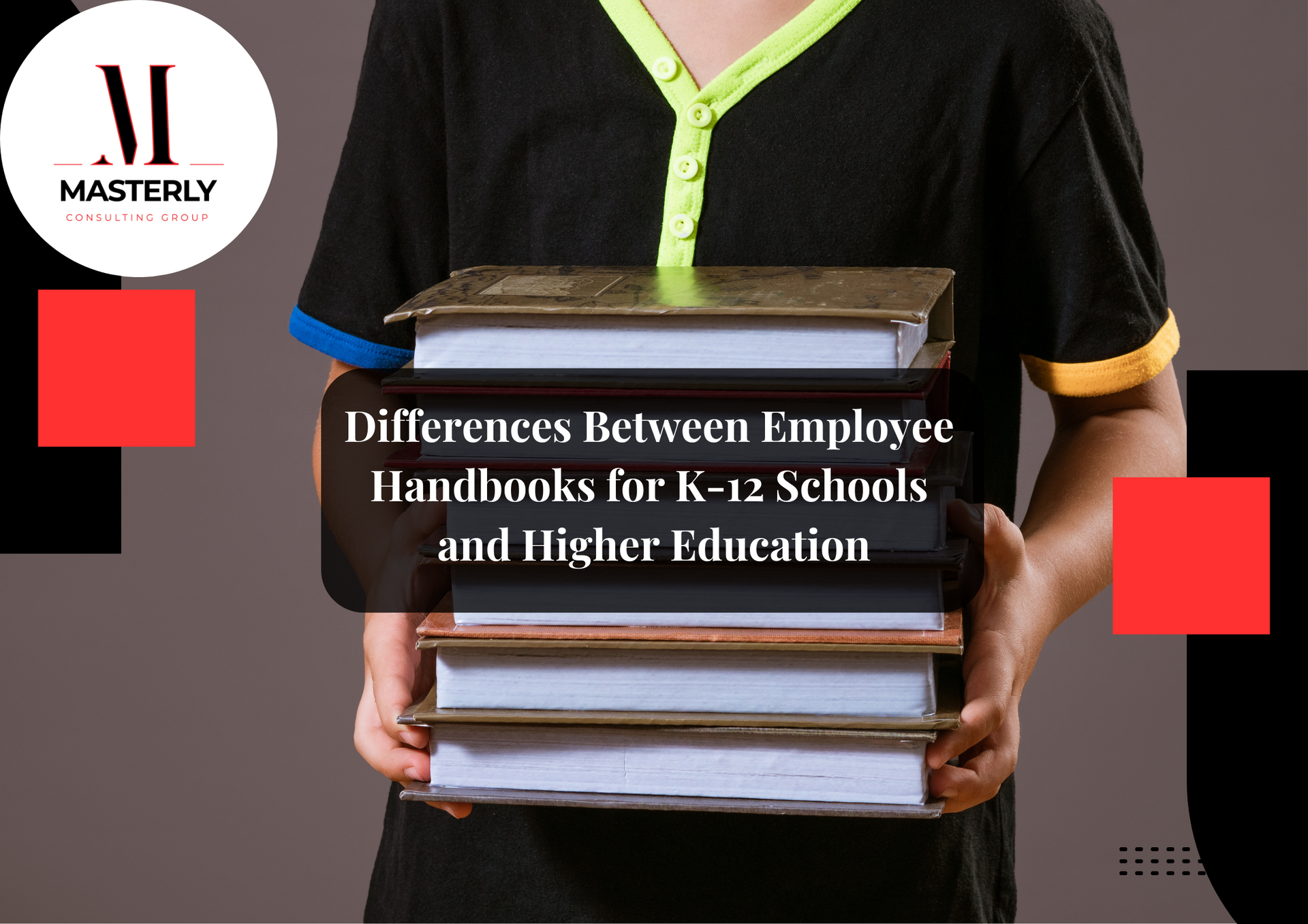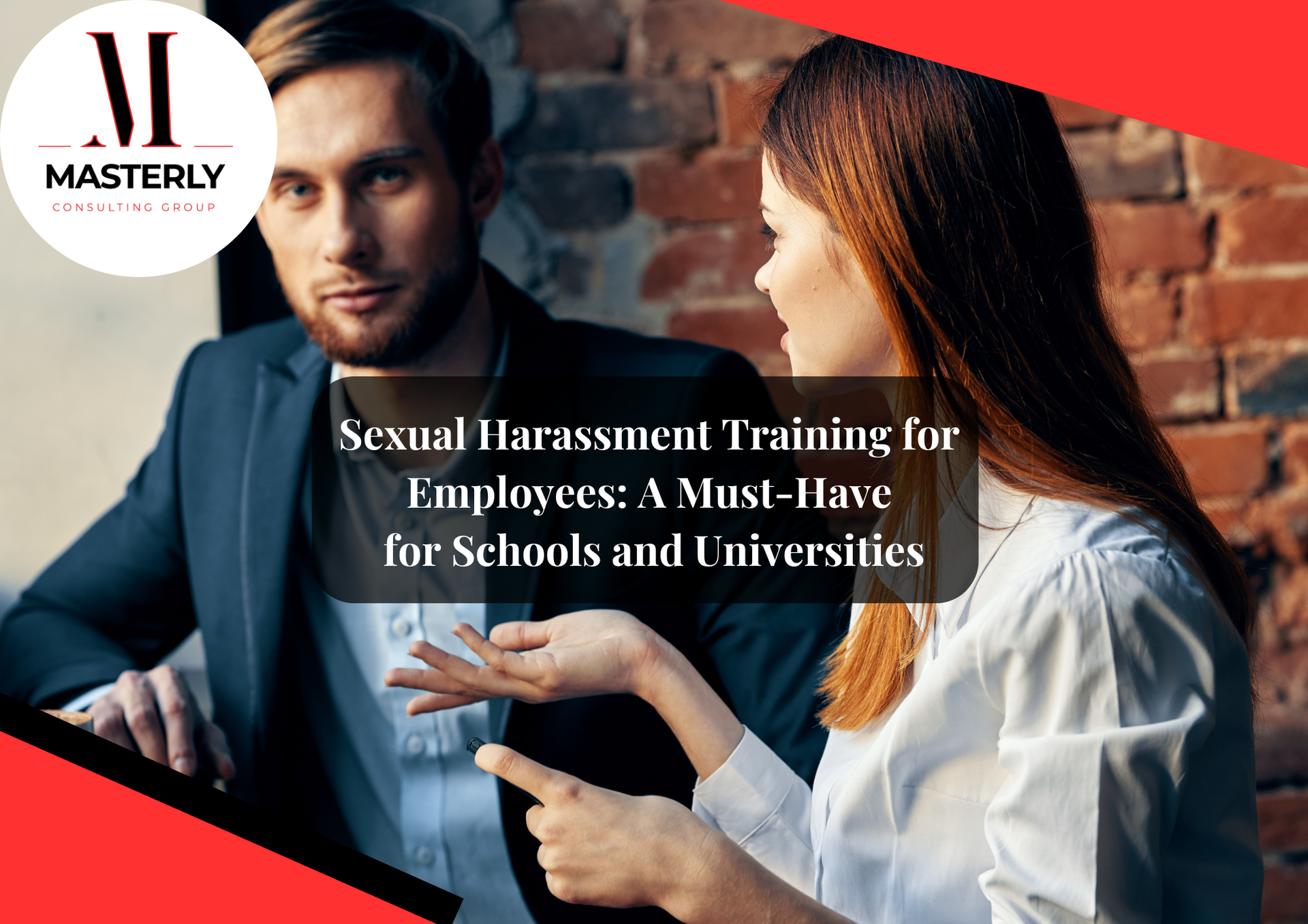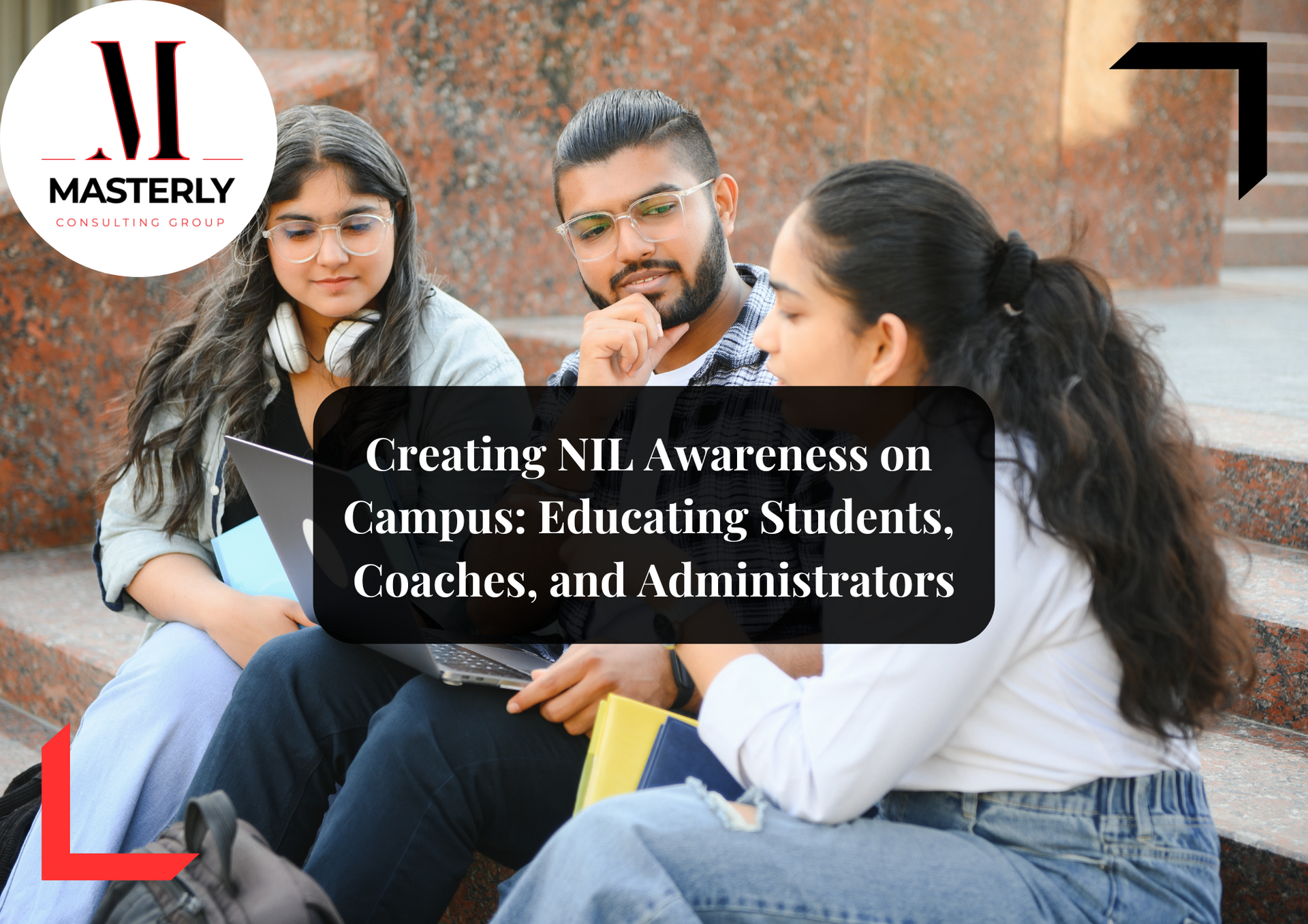Developing Ethical Guidelines for NIL Engagement in School Sports
The rise of Name, Image, and Likeness (NIL) rights has changed the landscape of amateur athletics. What once applied strictly to college athletes now affects high school athletes in multiple states, allowing them to enter into NIL deals while still maintaining their amateur status. As state NIL laws evolve, school districts and administrators must establish clear NIL guidelines that protect students while ensuring compliance with school and conference requirements.
Without proper regulation, NIL opportunities can create ethical concerns, including unfair advantages for revenue-generating sports, inequities between male athletes and female athletes, and conflicts between educational commitments and commercial interests. Schools must proactively implement ethical frameworks to maintain a fair, transparent, and student-first approach to NIL compensation.
The Ethical Considerations of NIL in High School Sports
The introduction of NIL rules into high school athletics brings various ethical questions that schools must address. The lack of clear federal oversight means that states, schools, and governing bodies must take responsibility for guiding high school athletes through NIL opportunities while protecting their academic and athletic futures.
Some key ethical concerns include:
- Fairness in NIL Compensation – Ensuring that student-athletes across different sports and backgrounds have equal access to NIL deals, not just those in revenue-generating sports.
- Educational Integrity – Preventing NIL activities from interfering with academic performance and school participation.
- Preventing Exploitation – Establishing safeguards so that young athletes are not taken advantage of by professional service providers with their own financial interests.
- Title IX Considerations – Ensuring NIL opportunities are distributed fairly among male athletes and female athletes to maintain gender equity in school athletic programs.
Schools must create policies that balance the rights of student-athletes with the integrity of their athletic programs, ensuring that NIL sponsorships align with both educational and ethical values.
Key Guidelines Schools Can Adopt for Ethical NIL Engagement
To maintain transparency and fairness in NIL activities, schools should establish a set of clear, enforceable NIL guidelines. These should be designed to support high school athletes while preventing misuse or conflict with school rules and state laws.
1. Implement Transparent NIL Policies
Every school district should create a formal NIL policy that:
- Outlines the NIL rights of student-athletes.
- Defines the role of schools in reporting NIL activities consistent with state regulations.
- Provides a structured approval process for NIL agreements that align with school and conference requirements.
By setting clear policies, schools can protect their athletes from entering unfair or unethical NIL contracts.
2. Educate Athletes, Parents, and Coaches on NIL Laws
Athletes, parents, and school officials must understand state NIL laws, contract obligations, and the risks associated with NIL compensation. Schools should:
- Provide NIL education programs covering endorsement deals, financial literacy, and tax implications.
- Offer legal and compliance training to ensure athletes and families make informed decisions.
- Partner with reputable professional service providers for guidance on contract negotiation and brand deals.
3. Establish Ethical NIL Compensation Limits
While NIL benefits allow athletes to earn income, schools should establish ethical guidelines that:
- Prevent coercion or undue influence from third parties.
- Ensure fair compensation that aligns with market value (NIL valuation).
- Restrict direct NIL payments from schools, boosters, or NIL collectives that could create recruitment conflicts.
This prevents schools from becoming involved in NIL sponsorships that could be seen as pay-for-play schemes.
4. Monitor and Regulate NIL Opportunities
To maintain fairness, schools should develop an oversight committee to:
- Approve NIL contracts and ensure compliance with NCAA NIL rules and state laws.
- Track social media accounts and commercial engagements to ensure athletes are representing themselves ethically.
- Ensure deals are based on personal brand value rather than recruitment incentives.
Oversight committees can help maintain a competitive balance while ensuring NIL remains fair and beneficial to all athletes.

The Role of Schools in Supporting Student-Athletes’ NIL Rights
With the Supreme Court ruling against NCAA restrictions on athlete compensation, high school athletes are gaining more opportunities to sign sponsorship deals while still maintaining their amateur status. However, schools must ensure that athletes are not exploited and that NIL engagement does not compromise academic integrity.
To support athletes ethically, schools should:
- Help Athletes Build Their Personal Brand – Provide training on branding, media presence, and financial planning.
- Guide Students on NIL Legislation – Ensure they understand NIL legislation and how it affects their ability to play sports at the collegiate level.
- Ensure Compliance with NCAA Rules – Educate athletes on how NCAA pointed regulations affect their eligibility if they choose to attend college.
- Protect Athletes from Unfair NIL Agreements – Work with professional service providers to verify that NIL contracts are legitimate and protect the athletes' interests.
By actively supporting student-athletes, schools can create an environment where NIL benefits enhance, rather than hinder, an athlete’s future.
The Future of NIL in High School Sports
As NIL opportunities continue to expand, schools must take a proactive role in ensuring ethical engagement. State NIL laws are evolving, and some member schools within athletic conferences may set stricter guidelines than others. The challenge will be balancing fair NIL participation while preserving the academic and athletic mission of high school sports.
Future considerations for schools include:
- How to manage NIL collectives and external funding sources.
- Whether education-related benefits should be included in NIL programs.
- How NIL agreements impact recruitment and scholarships for prospective student-athletes.
By developing comprehensive NIL guidelines, schools can foster a system where high school athletes benefit from NIL compensation without jeopardizing their education, eligibility, or athletic future.
Balancing Name, Image, and Likeness Rights with Ethical High School NIL Policies
The concept of name, image, and likeness rights has reshaped amateur sports, giving collegiate athletes the ability to earn compensation through NIL deals. While some argue that NIL is a way to pay student athletes, NIL is not a salary but rather a legal right that allows them to profit from their personal brand.
In high school sports, NIL refers to the ability of student-athletes to monetize their identity through endorsement deals, sponsorships, and social media promotions. However, ethical concerns arise when NIL opportunities are not distributed fairly, potentially creating disparities in access and benefits. Schools must ensure that their policies promote transparency, equity, and protection for young athletes entering this new era of sports marketing.
By establishing clear NIL guidelines, schools can create a system where student-athletes benefit from their name, image, and likeness rights while maintaining their focus on education and athletic development. Ethical policies help ensure that NIL remains an opportunity for growth rather than a distraction or tool for recruitment.
Ensuring Ethical NIL Engagement in School Sports While Protecting Student-Athletes’ Rights
The rise of name, image, and likeness rights has transformed opportunities for young athletes, bridging the gap between high school sports and college athletics. While college sports have long been regulated by the National Collegiate Athletic Association (NCAA), high school programs are now faced with challenges in maintaining fairness, compliance, and ethical standards. Many NCAA athletes enter college with existing NIL deals, making it essential for schools to develop structured guidance for current student-athletes navigating these opportunities.
A significant concern is that not all college athletes will receive lucrative deals, creating disparities across different levels of collegiate athletics. Women’s sports and smaller NCAA Division I schools often have fewer NIL opportunities compared to professional athletes or those in high-revenue college sports. Ethical guidelines should focus on allowing student-athletes fair access to NIL benefits while ensuring that deals are based on merit and athletic performance, not recruitment tactics or financial incentives.
As NCAA President Charlie Baker and other leaders push for clearer NIL policies, schools must establish frameworks that align with such laws while maintaining integrity in amateur sports. Organizations like the American Bar Association stress the importance of legal oversight in NIL contracts, ensuring that athletes' rights are protected whether they pursue collegiate athletics or transition into professional sports. High schools that take proactive steps in developing fair and transparent NIL guidelines will better prepare their own athletes for future success in the ever-changing landscape of college athletics.
Partner with Masterly Consulting Group for Expert NIL Consultation and Guidance
Navigating the complexities of Name, Image, and Likeness (NIL) in high school sports requires experienced guidance and a strategic approach. At Masterly Consulting Group, we specialize in NIL education, training, and consulting for school districts, administrators, and student-athletes, ensuring that NIL policies are ethical, compliant, and beneficial for all involved.
Our expert team provides:
- Comprehensive guidance on NIL laws, NIL contracts, and compliance with state NIL laws to protect schools and athletes.
- Training programs designed to help student-athletes understand NIL opportunities, build their personal brand, and make informed decisions.
- Strategic consulting to assist schools in developing ethical NIL guidelines and effective oversight policies to maintain fairness and transparency.
If your school or district needs professional support in creating a structured NIL policy, Masterly Consulting Group is here to help. Call us today at (888) 209-4055 for a free consultation, and let’s work together to establish a strong, ethical NIL framework that safeguards the future of high school athletics.

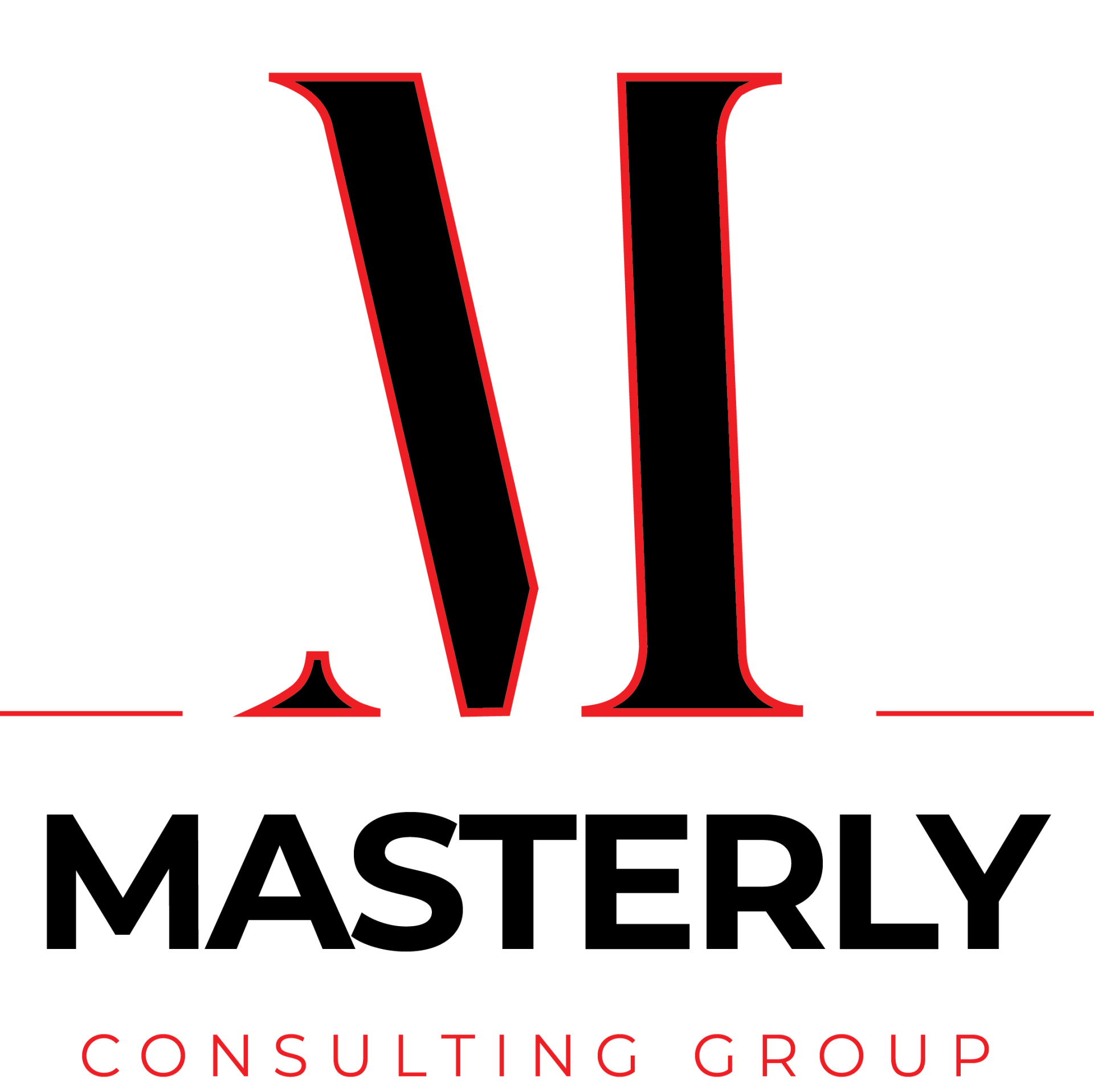
Masterly Consulting Group
Office Number
(888) 209-4055
Office Locations
Dallas, TX | Uptown Area
Houston, TX | Galleria Area
Grand Prairie | Training Center
West Palm Beach, FL | Downtown
Coming Soon
Atlanta, GA
Latest news

